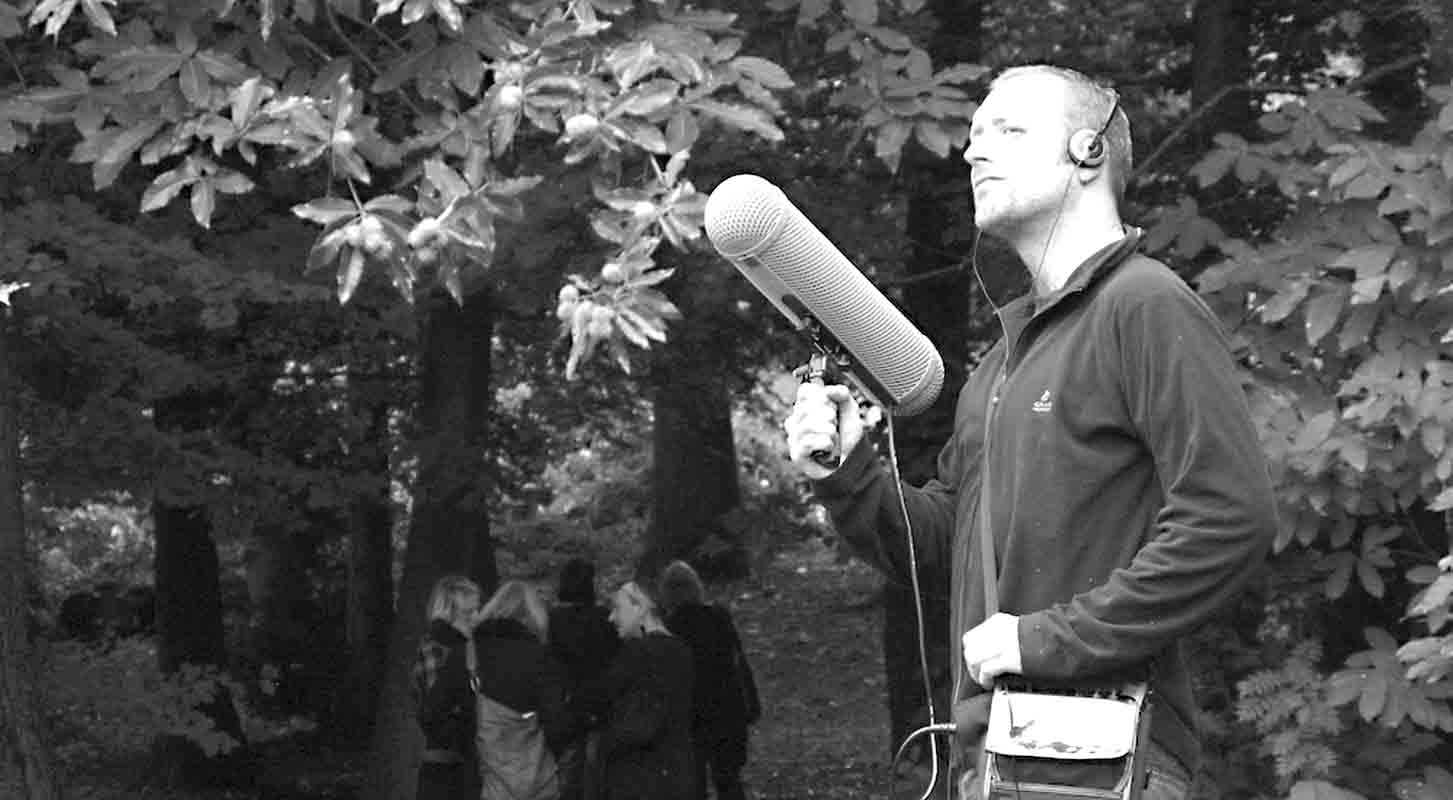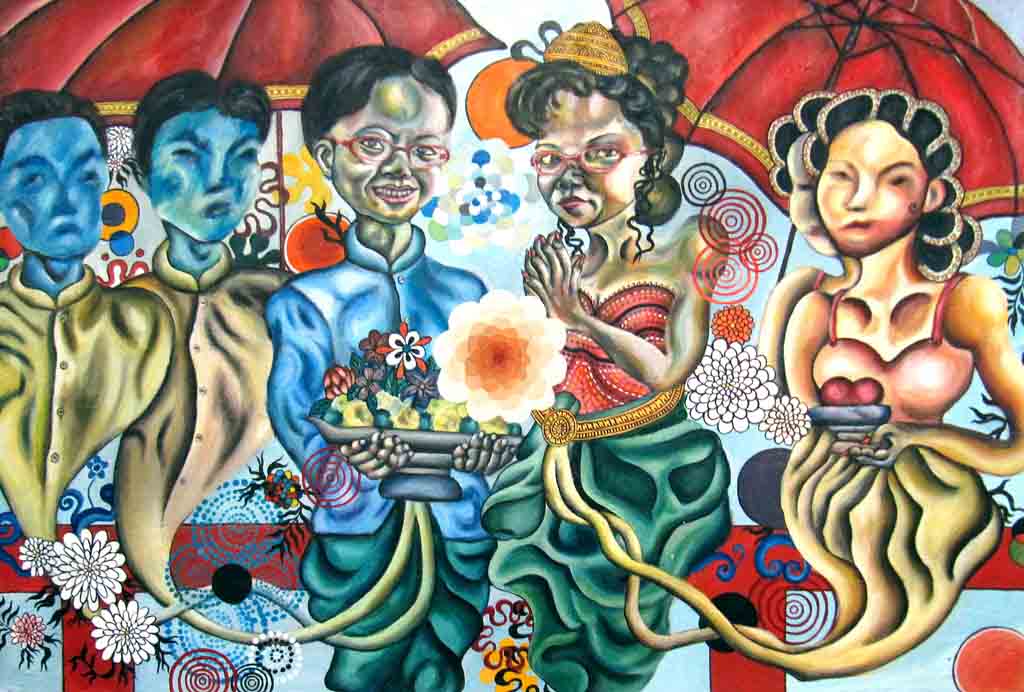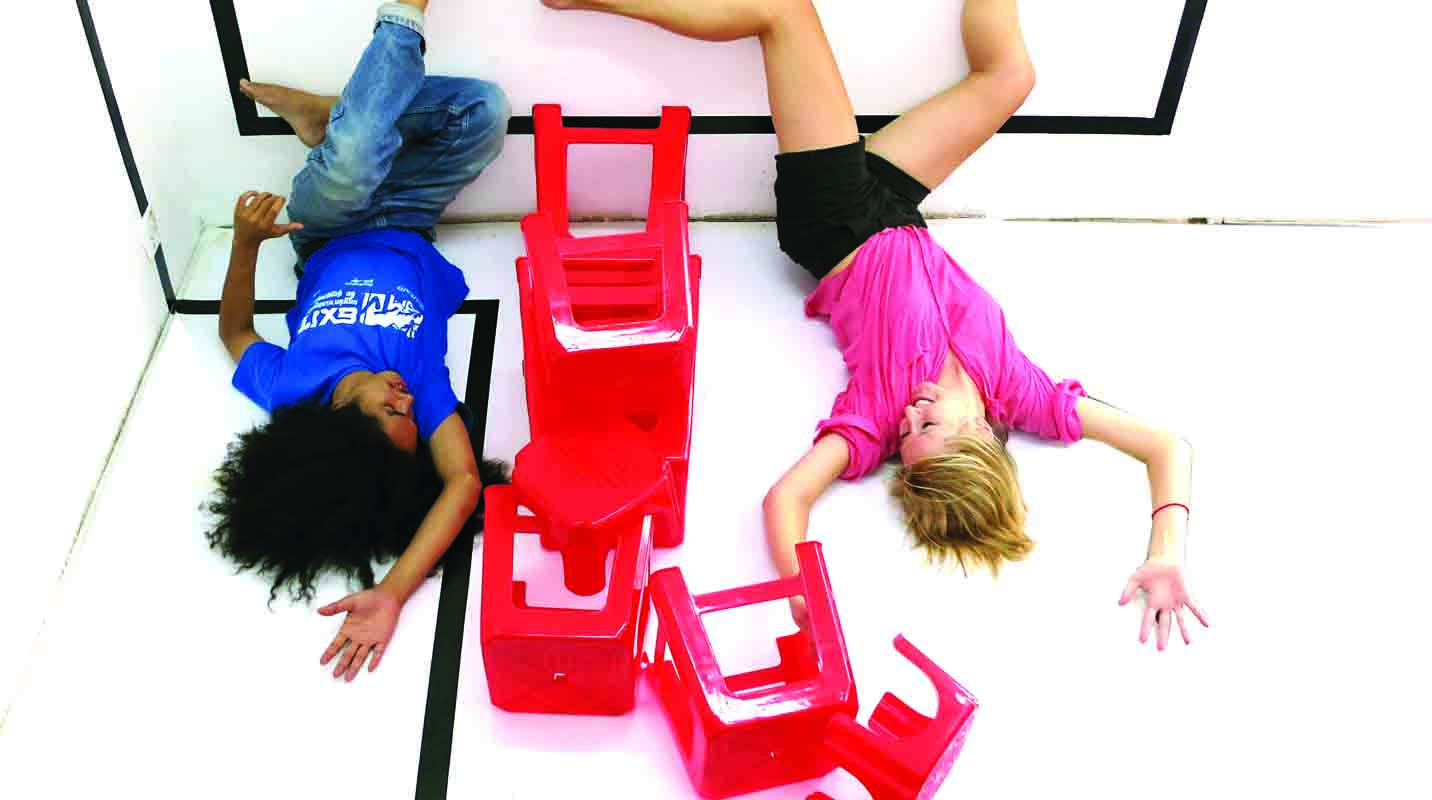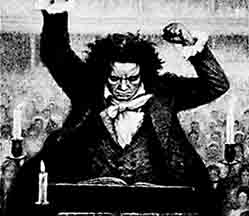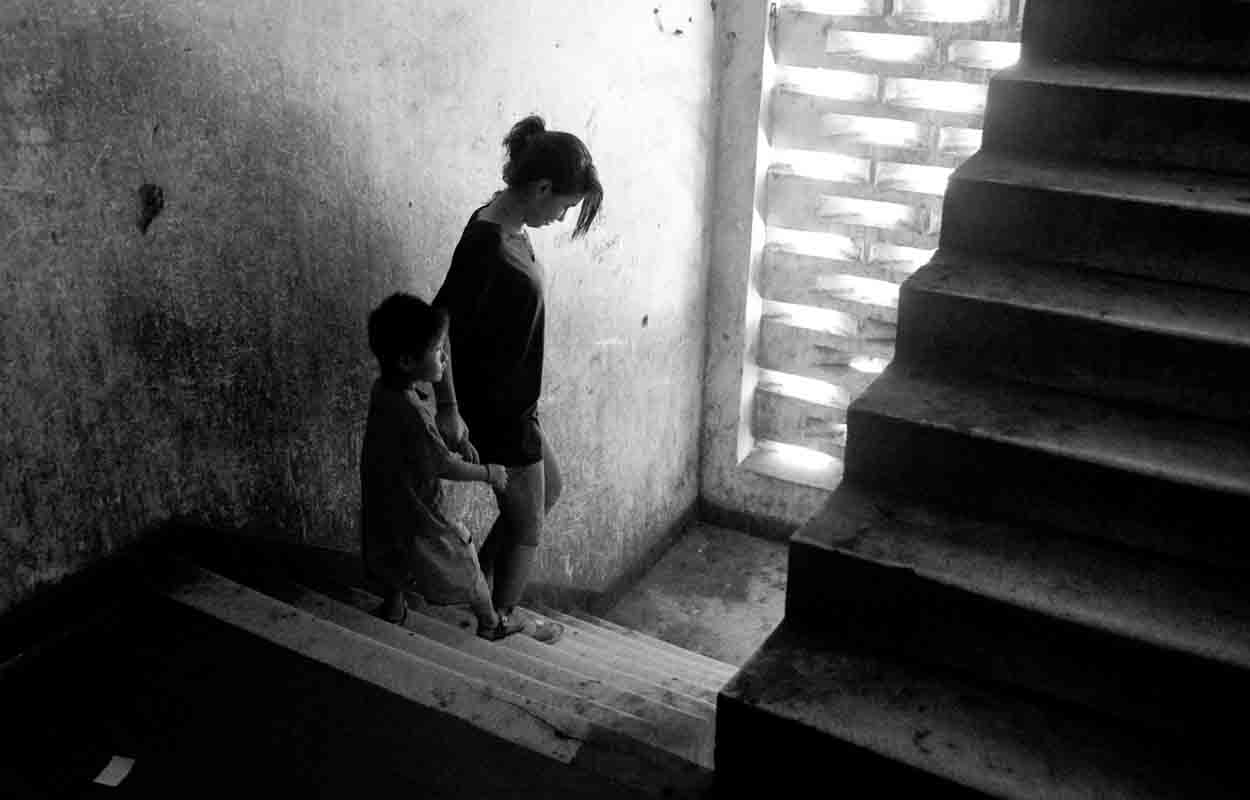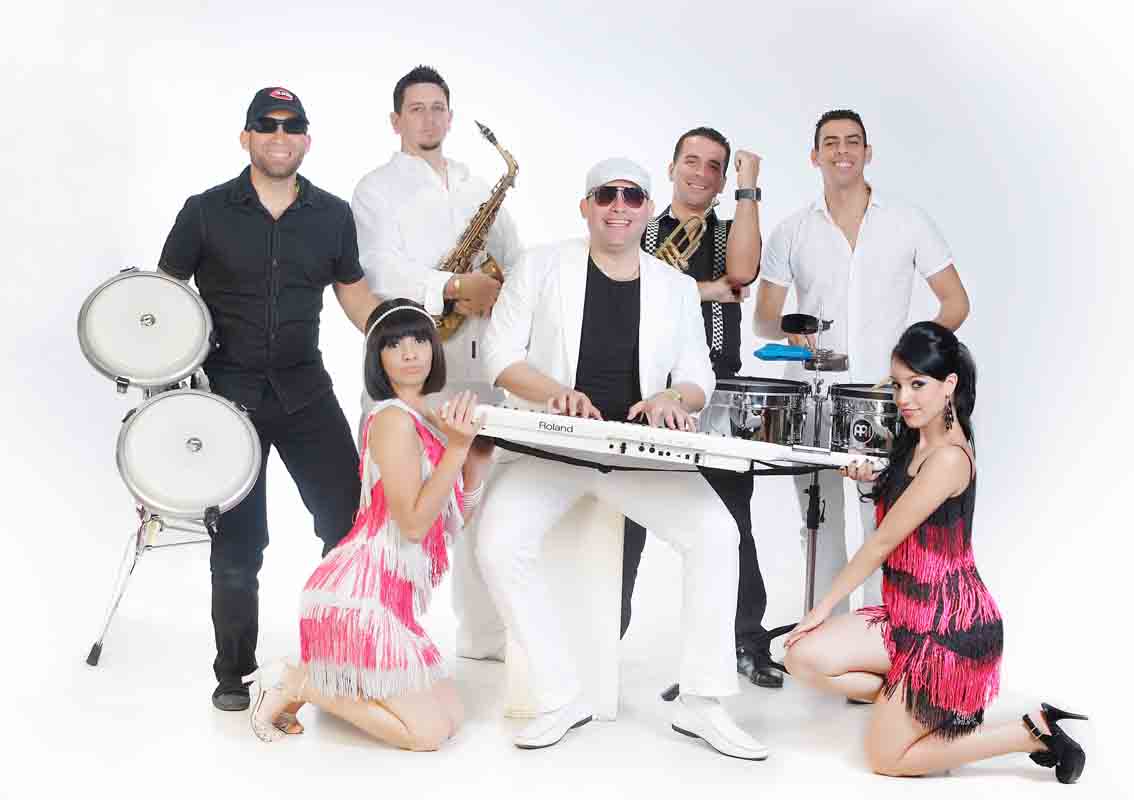The urgent chirruping of Hungarian birds, a thunderstorm rumbling in the distance. A quaint English accent giving a lesson in making polite conversation at the tobacconist’s. Honk! Honk! The clown-like call of hyla gratiosa, better known as the barking tree frog. These are just a few of the more than 3.5 million sounds that have been captured, sorted and stored during the past 100 years or so by the staff of the British Library.
The mechanical, electrical and now digital inscription and recreation of sound waves has kept sound engineers occupied since the Banu Musa brothers invented the world’s first mechanical musical instrument in the 9th century. By 1857, Édouard-Léon Scott de Martinville had invented the phonautograph, the first device that could record sound waves as they passed through the air (it couldn’t, however, play them back).
Today, sound artists such as British musician Simon Whetham lasso these air-borne pressure oscillations – from Icelandic sagas to the drone of urban shopping malls – and corral them into intricate, ethereal soundscapes destined for record labels with names like Dragon’s Eye, Entr’acte, and Mystery Sea.
It was a trip to Iceland with artist friends in 2005 that set Simon – then a disillusioned rock guitarist and vocalist – on his sonic course. Scouring the countryside in search of the Northern Lights and armed only with a minidisc recorder, he captured waterfalls, cracking ice and other sounds specific to his journey. “These sounds were going to inspire music back in the studio, but while travelling I realised the recordings themselves would be the perfect accompaniment to a future exhibition by the other artists.”
Back in Reykjavik, at a record store called 12 Tonar, Whetham found music that was more abstract than anything he’d ever heard, along with albums by artists such as Chris Watson and Lawrence English, both using field recordings. “Everything kind of fell into place: I discovered my love of sound hunting, and the mental state it puts you in, and also discovered a small but global community of artists and musicians working in the same way.
“For me, the act of listening rather than just hearing (there’s a big difference) is an important one, and one I like to share. Working in various ways, I expose sounds that are not noticed, or go unheard, and combine them in a way that leads you on a journey in what I feel is quite cinematic.”
At a recent show in Hanoi, members of Whetham’s audience said they found themselves remembering certain places they’d been or times in their lives they’d previously forgotten. “This is the power of the sound material I work with, and one I enjoy experimenting with.” Whetham will be conducting his sound experiments alongside neo-beat poet Antonio Pineda and a Cambodian drummer at Meta House this week. Lend him your ears.
WHO: Sound artist Simon Whetham and neo-beat poet Antonio Pineda
WHAT: The art of sound
WHERE: Meta House, #37 Sothearos Blvd.
WHEN: 9pm June 29
WHY: Feed your ears
